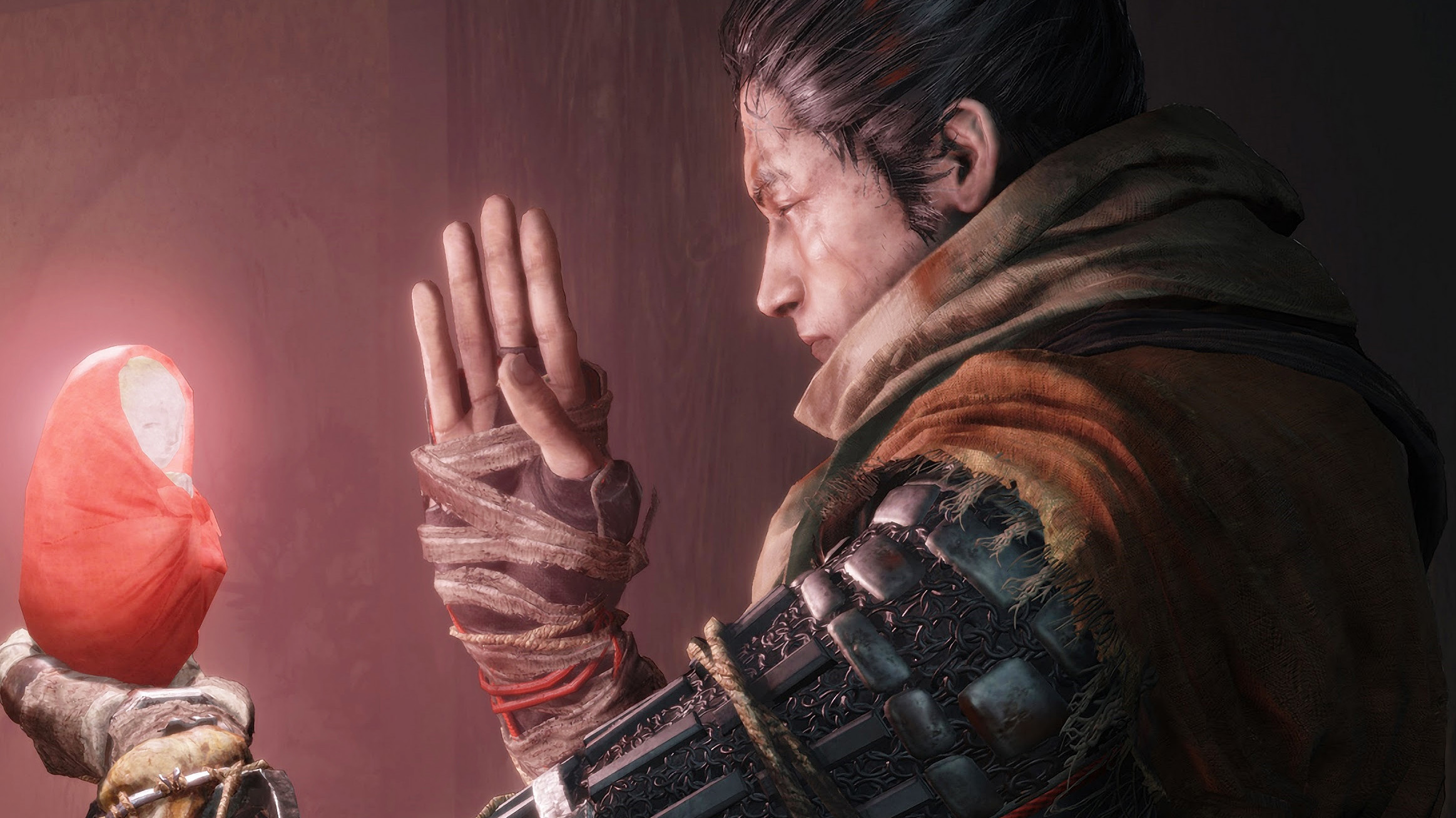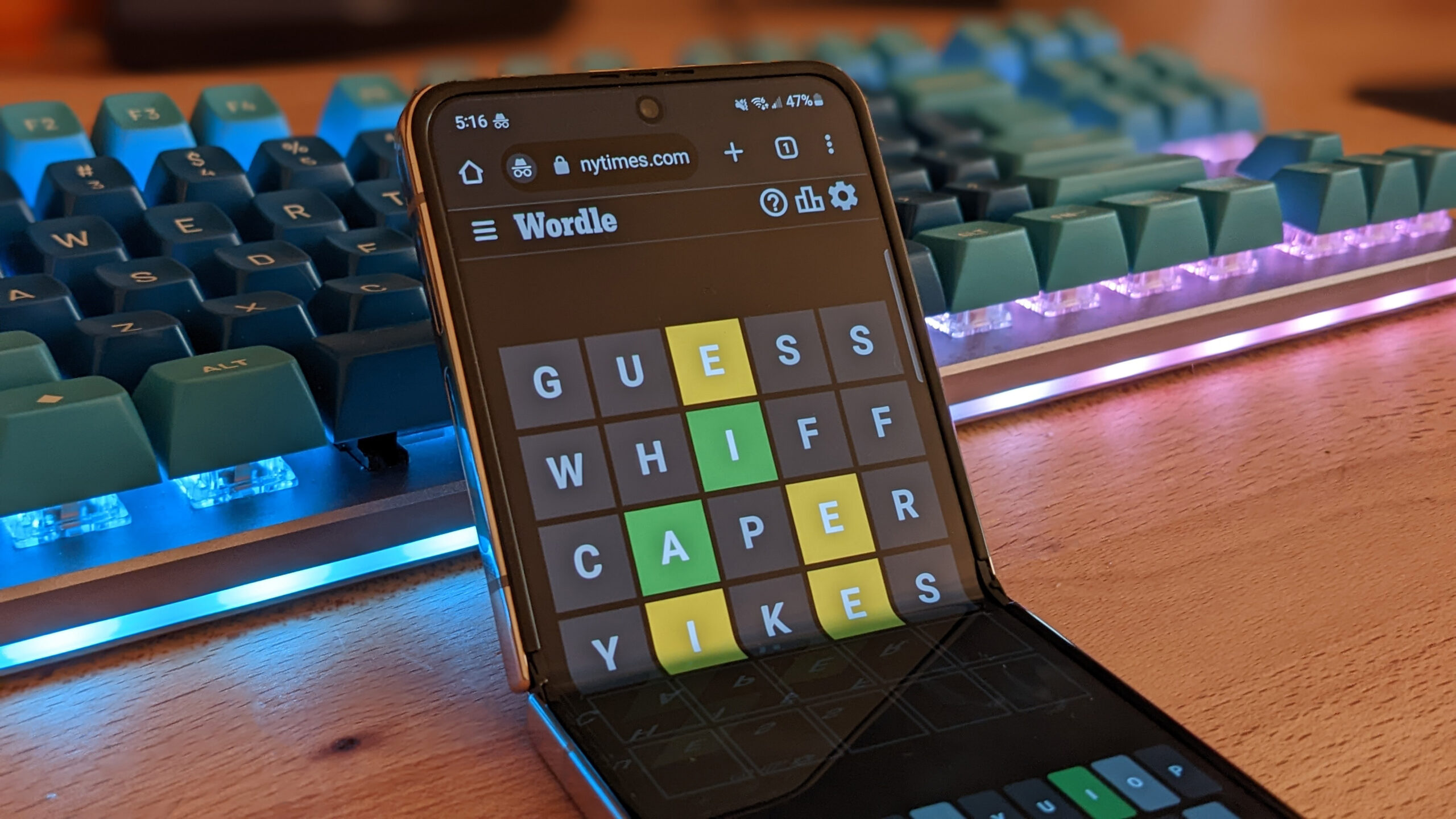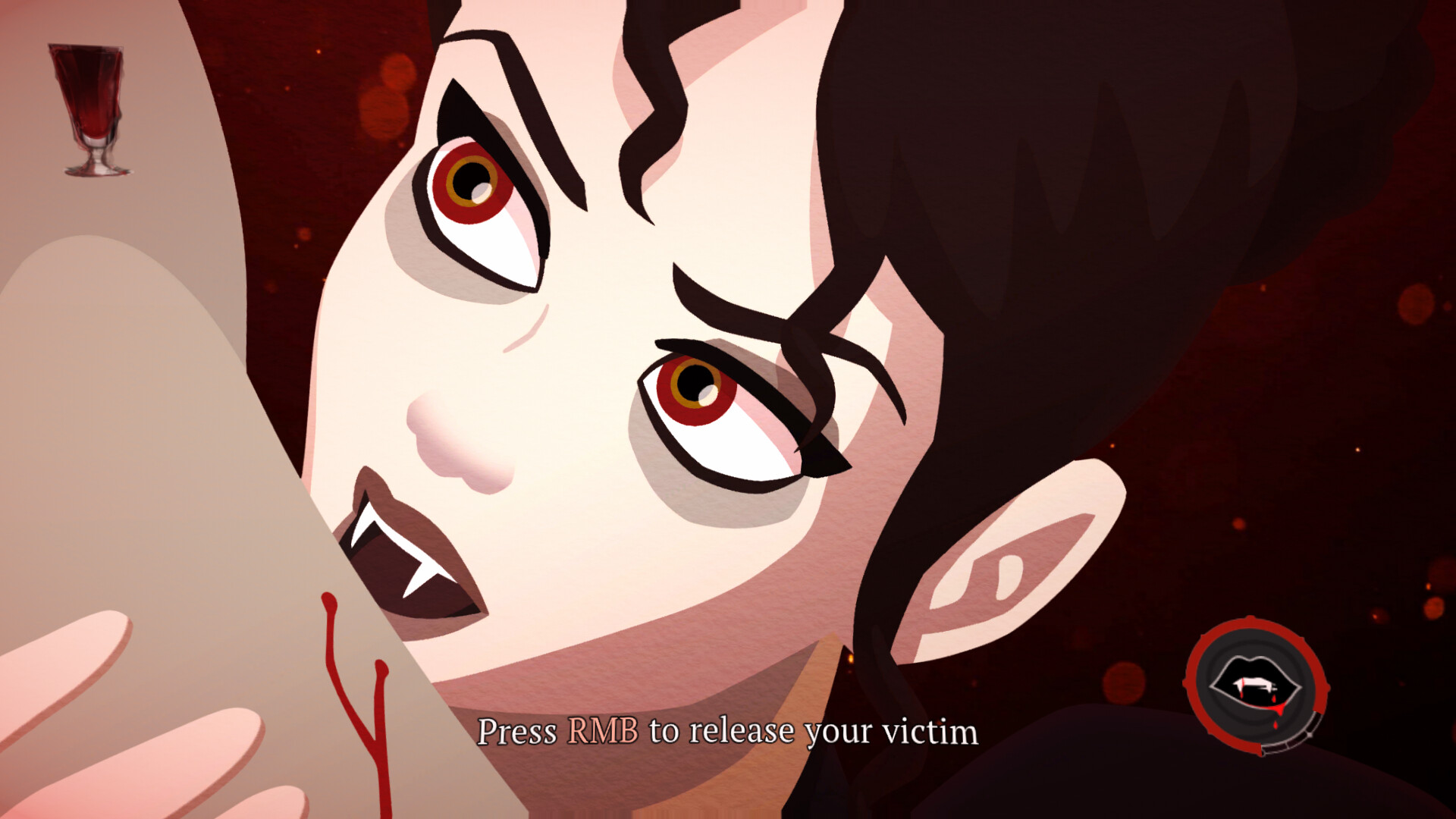Any soulslike game—usually characterised by a rigid checkpoint system, weighty combat, punishing deaths, and deep RPG customisation—is going to be compared to Dark Souls. It is what it is.
Yet in 2023, something interesting happened. Four big soulslikes—Lords of the Fallen, Lies of P, Star Wars Jedi: Survivor, and Wo Long: Fallen Dynasty—borrowed far more from Sekiro: Shadows Die Twice, a FromSoftware game that lot of my fellow masochistic mates bounced right off back in 2019.
Sekiro did a lot of things differently. You played as one specific character with a specific weapon. You had a limited (though appreciable) choice of gadgets and abilities, and—most importantly—Sekiro let you time your blocks.
In games like Dark Souls and Elden Ring, parrying is a risky endeavour. The reward is huge, but players will rarely chance it, since it leaves you completely open. Sekiro’s timed block is far easier to execute and far safer to attempt, it just rewards you less. Unfortunately, it’s mandatory—to the point where many Sekiro players (myself included) describe it as a rhythm game in disguise.
These games I mentioned do have hallmarks of other FromSoftware games—bonfires, weighty dodges, etc—but I was shocked to see how little the general public made those comparisons. Especially when it came to Lies of P.
Lies of B(loodborne)
(Image credit: Neowiz)
When Lies of P came out, you heard the same thing over and over again: It’s Bloodborne, but make it Pinnochio. It’s an understandable connection to make—Lies of P’s aesthetic borrows heavily from Bloodborne, aping them to the point of near-parody. You even do quests for sick unfortunates through window panes.
However, in terms of gameplay Lies of P is far more Sekiro: Shadows Die Twice. In fact, I’d argue it was clearly the bigger inspiration for its moment-to-moment gameplay. I found the demo to be pretty straightforward, but I also heard other players decrying its stubby dodge roll. ‘Ah’, I thought, ‘you’ve not been on Genichiro’s wild ride’.
In Lies of P, you’re generally meant to stand your ground, only employing your dodge roll as a situational response to certain attacks. These players were used to Dark Souls, where the vaunted dodge roll’s iframes were rule supreme. The game’s progression system was also very similar to Sekiro’s: you unlock a limited set of abilities via your robo-arm—achingly similar to Wolf’s prosthetic. The only appreciable difference is that Lies of P is slower-paced (at first), you have a wider range of weapons, and you don’t zip around like Batman.
The other games I mentioned also borrow Sekiro’s stance-breaking back-and-forth rhythm. Lords of the Fallen is the most “classic” soulslike out of that list and even then, planting your feet and blocking on beat is real powerful, outright trivialising some bosses when you’ve got ’em read.
(Image credit: Hexworks)
Sekiro’s DNA riddles these games, and yet a significant number of Dark Souls players bounced off it. I’ve anecdotally had so many conversations with my friends where I rave about Sekiro, and they’ll reply: ‘ah, I love Dark Souls, but I just couldn’t get into that game.’
Sekiro is a demanding teacher. It forces its players to stay aggressive, and flattens them if they don’t—it has a completely different cadence. This requires you to grow some new neurons, similar to the teething we did on Demon Souls and Dark Souls 1 back in the day.
Just to make sure this wasn’t an isolated incident, though, I looked at PC Gamer’s history and—surely enough—Steven Messner described this exact phenomenon of Sekiro’s subversions in 2019. He finally broke from his rut when he decided to go ham: “Everything changed. This time I didn’t give him an inch. I mashed the attack button, ready to block the moment that Yamauchi would deflect my own attack and try to counter.” I had a similar eureka moment fighting Genichiro at the top of Ashina Castle. So—if Sekiro caused so many problems, why are so many Soulslikes borrowing from it?
Because Sekiro slaps, that’s why
(Image credit: FromSoftware)
Sekiro has, by volume, the best rogue’s gallery of any FromSoftware game. Sure, other games have stand-out bosses, but whenever I think of my favourite fights from the studio’s portfolio like two thirds of Sekiro’s fights are in there. Genichiro, Lady Butterfly, the Guardian Ape, one that I shan’t name for spoiler reasons—it’s such a strong cast.
Steven described Dark Souls games as giving him a “single, inviolable truth: Play defensively and wait for the opening.” That’s because Souls games reward aggressive play, but they also reward passive play. Carefully dodge rolling and chipping away at enemies is effective, and it traps players in a mould.
Sekiro sets you free by (counter-intuitively) giving you more defensive options. Timed blocks and dodge rolls aren’t your only tools—you can also dodge towards attacks to step on your enemy’s blade, or jump over sweeps and land on your enemy’s head. The game cues you on when you can use these moves very bluntly.
This turns every boss fight into a back-and-forth battle, where your foes can lay you out with complex attack patterns—patterns that you have very specific responses for. Sekiro also encourages you to stay aggro by making your enemy’s posture regenerate over time, but I maintain that its deadly game of Simon Says is the major reason it works so well.
(Image credit: Tyler C. / FromSoftware)
Even Elden Ring started doing this, sometimes. The Horah Loux: Warrior brawl has a bunch of attacks you can just jump over instead of dodge rolling through. Additionally, Malenia’s waterfowl dance forces players to input a specific set of movements, punishing panic-rollers by chopping them into itty-bitty pieces. Two guesses as to which boss fights were my favourite from that game.
A good soulslike boss relies on this back-and-forth flow state to feel satisfying—and I put forward that the reason studios are turning to Sekiro for that is because it did it best. They’re just giving their games a less sheer difficulty wall.
Wo Long: Fallen Dynasty uses its timed blocks almost exclusively, egging you on with promises of wuxia action and undodgeable attacks you have to parry. Lies of P is a lot slower and more methodical than Sekiro is. Star Wars Jedi: Survivor has difficulty settings, and Lords of the Fallen still lets your classic Dark Souls habits work—while also rewarding you for going all Shinobi Wolf on its bosses.
All of this to say—if you enjoyed any of those games, congratulations! You’ve had an excellent tutorial on how to approach Sekiro: Shadows Die Twice, which means you’re likely gonna love it. If you bounced off the game back in 2019, go and try again with the lessons you’ve learned—I guarantee you’ll have a better time.











